Landlord Insurance
If you are renting out a commercial property or residential apartments in a building, landlord insurance will help protect you from many problems or risks that you face.
Join over 150,000 businesses that have trusted us!
Save up to 35% on your insurance
Just a few minutes to get your best quote
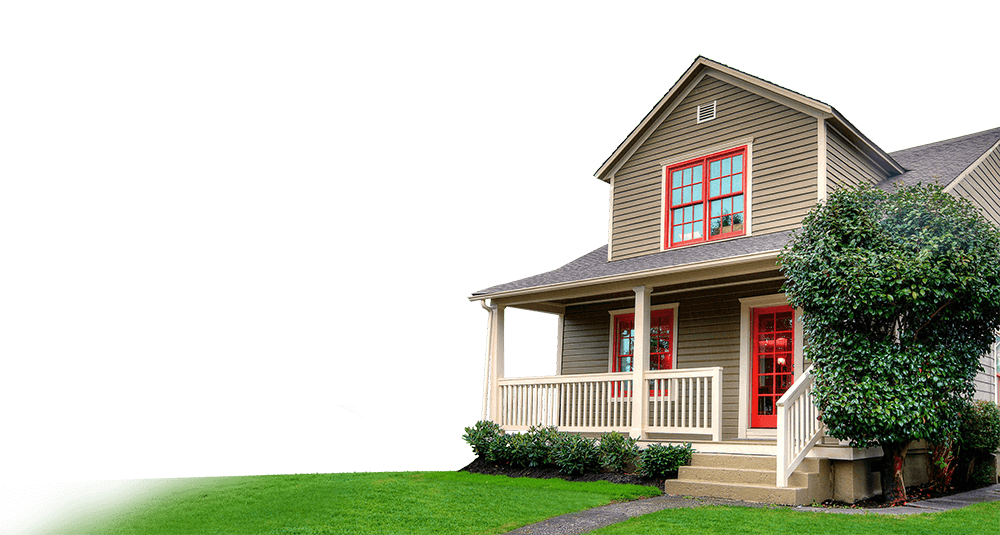
PARTNERSHIPS WITH OVER 20 LEADING AMERICAN INSURANCE PROVIDERS

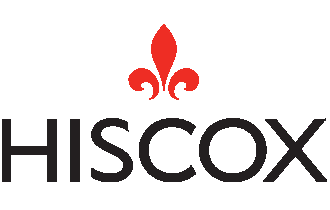

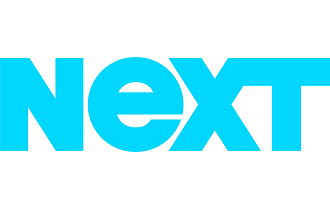

A landlord insurance policy is vital to keep your property and its contents safe. Without it, any damage or financial losses you suffer can be wildly expensive, especially if an accident or incident escalates to a third-party lawsuit.
What is landlord insurance?
Landlord insurance is a type of protection that covers property owners from financial losses for events or occurrences that happen at their rental properties. In general, a rental property insurance policy protects landlords for losses or damages to the property they own, its contents, the loss of rental income resulting from an insured loss, and any attached structures to that rental property, such as a shed or garage. For instance, if an unexpected event like a fire or a burst water pipe should damage your property.
Within a landlord insurance policy is a type of coverage known as rental income insurance that can be applied to a commercial property. Sometimes referred to as ‘fair rental value’ coverage, it can help replace lost rent income if the property is temporarily uninhabitable after a claim.
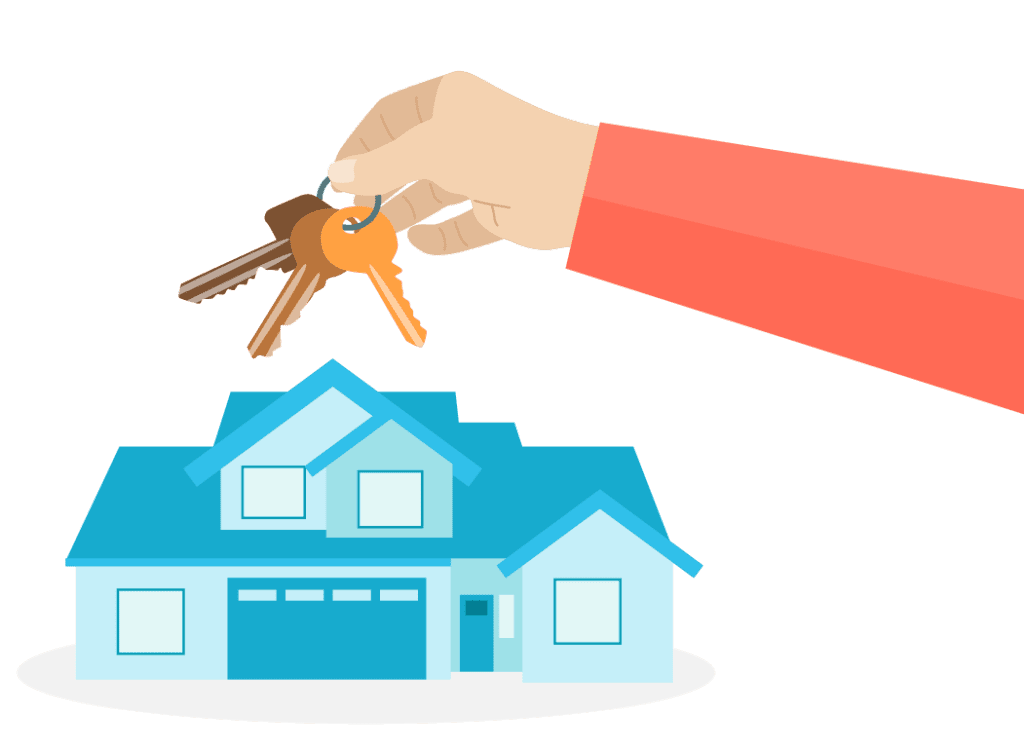
What does it cover?
- Commercial General Liability (CGL) Insurance: CGL is a liability insurance policy that protects you and your rental property against third-party property damage or bodily injuries. For instance, if you are sued for bodily injury damages by a tenant or a visitor to your property in an accident, CGL may cover the claimant’s medical expenses and your legal fees regardless of the outcome of the lawsuit.
- Commercial Property Insurance: Commercial property insurance is designed to protect your rental property and its contents from unexpected events that are out of your control, such as a fire, wind damage, theft, or vandalism. Commercial property insurance can also include:
- Rental income coverage, which replaces lost rent payments if a property is temporarily uninhabitable after a covered claim.
- Building coverage, which covers physical damage to a commercial property.
- Contents coverage, protects items that are not permanently attached to a building, such as a freezer.
Your commercial property policy can be tailored to cover only named perils for losses caused by specific perils such as fire, or it may be set up as a broad form of coverage, which is a basic policy to cover loss or damages due to a set list of causes or perils. Furthermore, a commercial property policy may be based on actual cash value, which is a form of compensation that takes depreciation into account for damaged property. Or it may be based on replacement cost coverage, whereby a claim covers the lesser cost of restoring or replacing damaged items.
- Equipment Breakdown Insurance: Also known as boiler and machinery insurance, equipment breakdown insurance covers the costs to repair or replace equipment such as the kitchen appliances in a unit and the building’s HVAC system if they are broken or damaged due to a mechanical or electrical issue.
How much does it cost?
The cost of an annual premium for a landlord insurance policy depends on several factors, such as:
- The location of your rental property and type of building it is
- Your years of experience as a landlord and rental property owner
- The number of rental units you have and the type of occupancy per unit (e.g. professionals, students, or commercial businesses such as retail stores)
- Your annual and projected revenue
- The types of coverages you have in your policy
You have the option to choose the types of coverage you want and the related deductibles. Many landlords carry at least $2 million of liability coverage. Speak to a licensed broker to determine what risks you may face, and the right level of coverage is for you.
Common claims scenarios
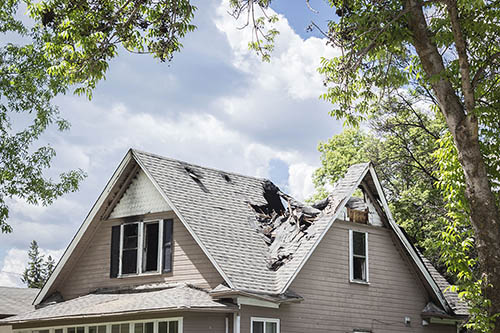
Problem: A severe windstorm swoops down and tears the shingles off the roof of your building, exposing it to rain that pours down and leaks inside, resulting in significant damage to the roof and the building’s interior.
Outcome: Your commercial property coverage may pay for the cost to repair the roof and water damage to the building. If you also have business interruption coverage as part of your policy, you may also be reimbursed for any rental income you lose while repairs are being done to the building and its apartments.

Problem: A tenant slips and falls on the walkway entrance to your building that is covered in snow and ice and fractures an ankle. They decide to sue you for bodily injury damages, since it is your responsibility to keep the walkway clear of snow and ice.
Outcome: Your commercial general liability coverage may pay for your injured tenant’s medical expenses, as well as the cost to defend yourself in court, and any financial settlement you are ordered to pay to the tenant by the court.
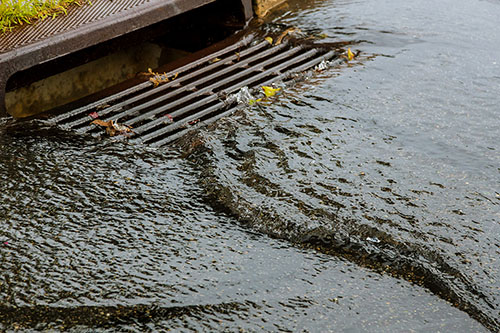
Problem: The municipal sewer system backs up during a heavy rainstorm, driving wastewater back toward your building. It floods your building’s basement with raw sewage, causing significant damage.
Outcome: If you have optional sewer backup coverage as part of your commercial property policy, you may be covered for the cost to clean up the mess in the basement. If you also have business interruption coverage as part of your commercial property policy, you may be reimbursed for any rental income you lose while repairs are being done to the building.
Frequently asked questions
Is landlord insurance for a rental property a legal requirement?
Does a landlord insurance policy cover damages caused by a tenant?
Are there additional coverages I should add to a general landlord insurance policy?
Yes. There are additional or optional coverages you can include in a general landlord insurance policy. For example, you may wish to add sewer backup coverage to the policy to protect your property to cover any damages to the sewer line that runs from your building to the municipal sewer drainage system. Should the sewer malfunction and wastewater from the sewer or a septic tank seep into your building, there could be significant damages to the building’s floors, walls, and other structures.
You may also want to consider adding what’s known as overland water coverage, which safeguards the property from damages resulting from a flood, excessive rain, snow melt, or overflowing lakes or rivers. Not all insurance companies will provide you with overland water protection, so speak to a licensed broker about finding an insurer that will provide this type of coverage for your property.
Our most recent reviews
See for yourself what customers have to say about us.
Ready to start? Let’s get a quote!
Getting the customized landlord insurance policy you need to safeguard your rental property can be done easily online with 2autoinsurance.
Buying landlord insurance online doesn’t mean you’re on your own. Our licensed brokers are available to answer your questions and assess your needs by emailing, calling, or having an online chat with us.


